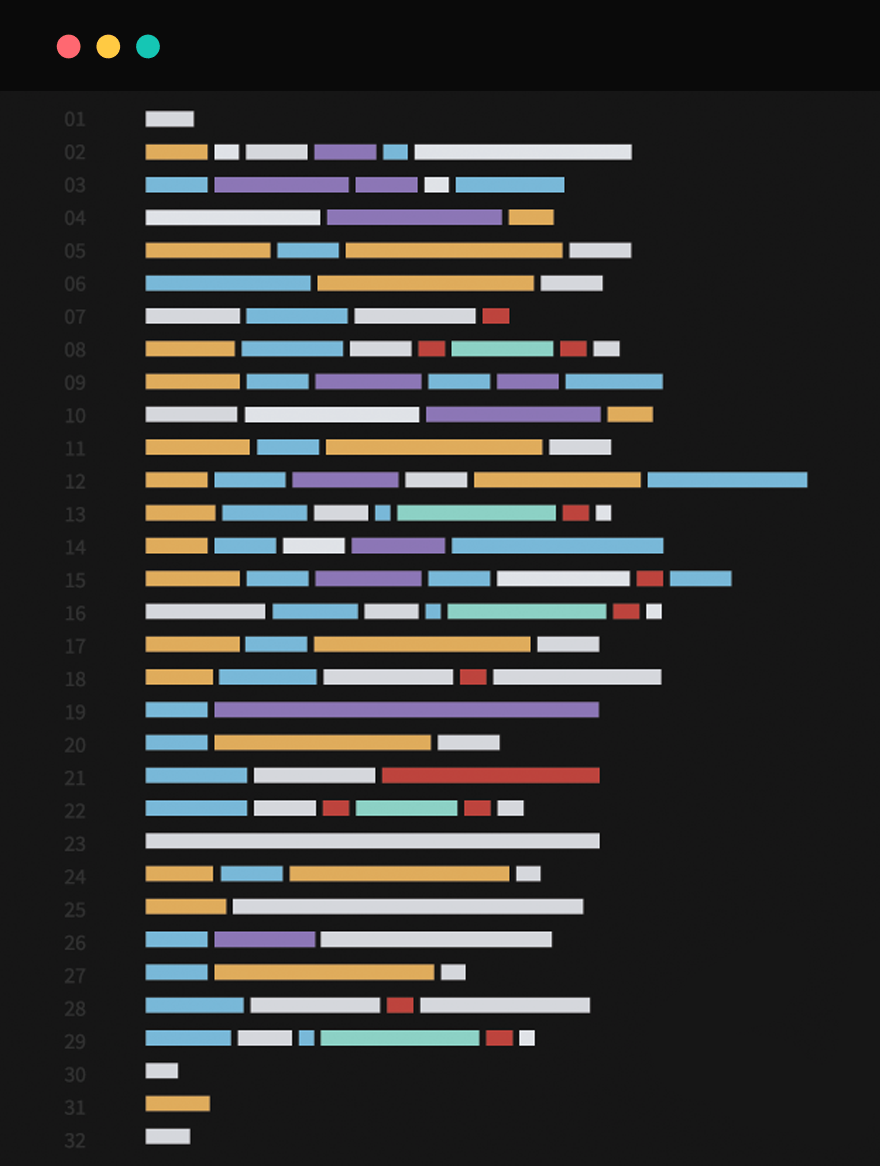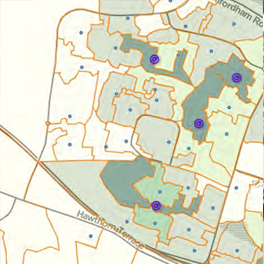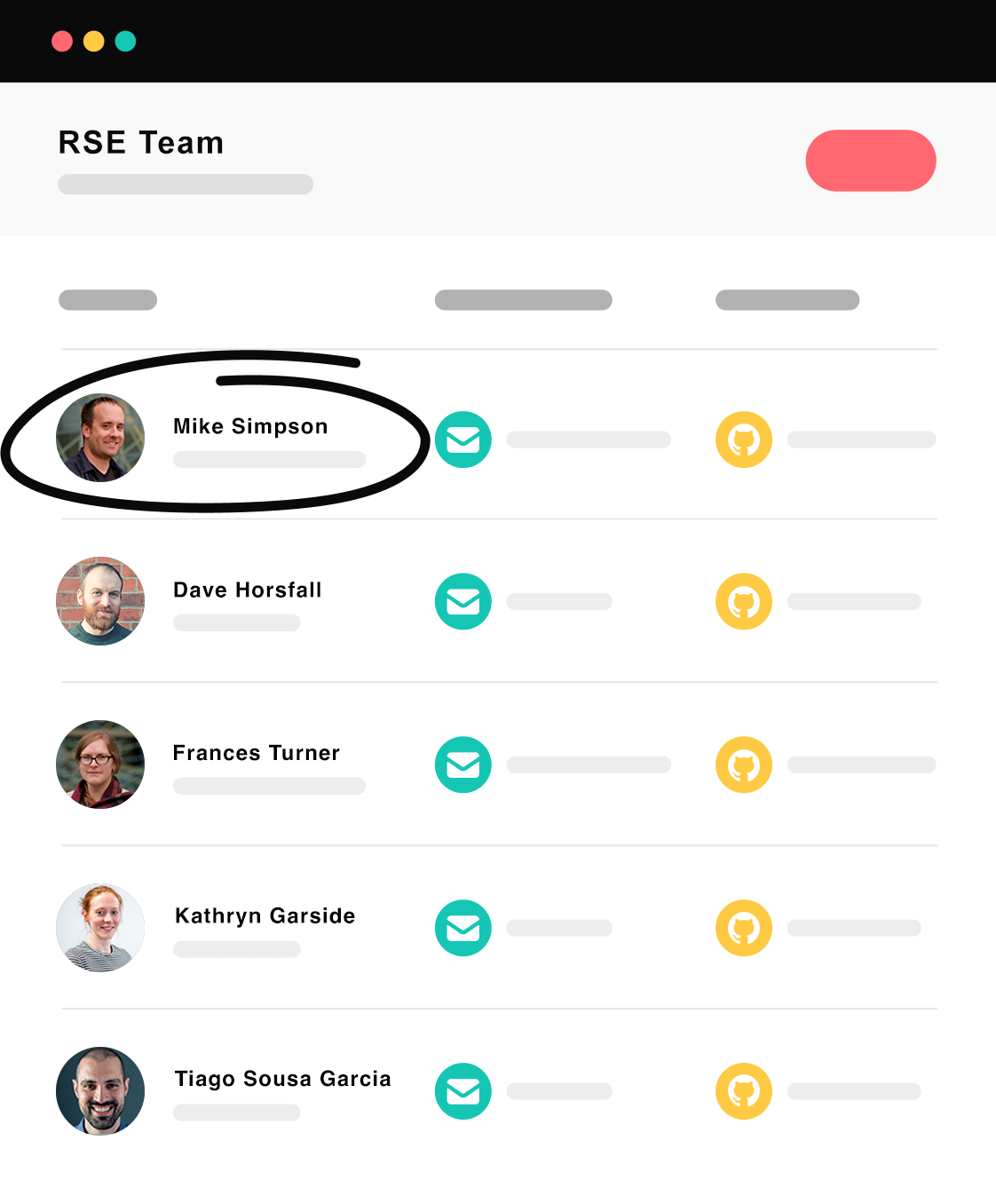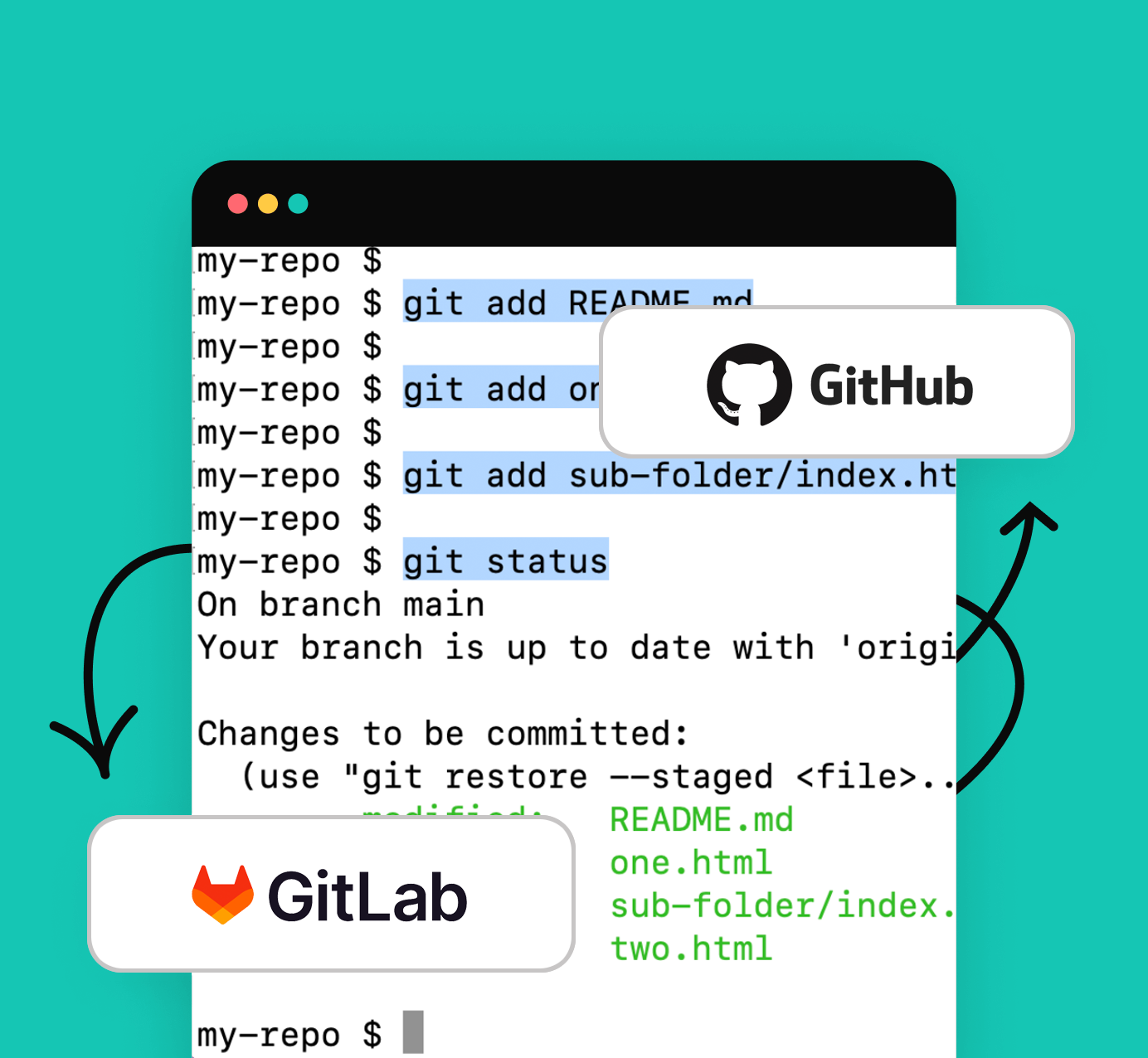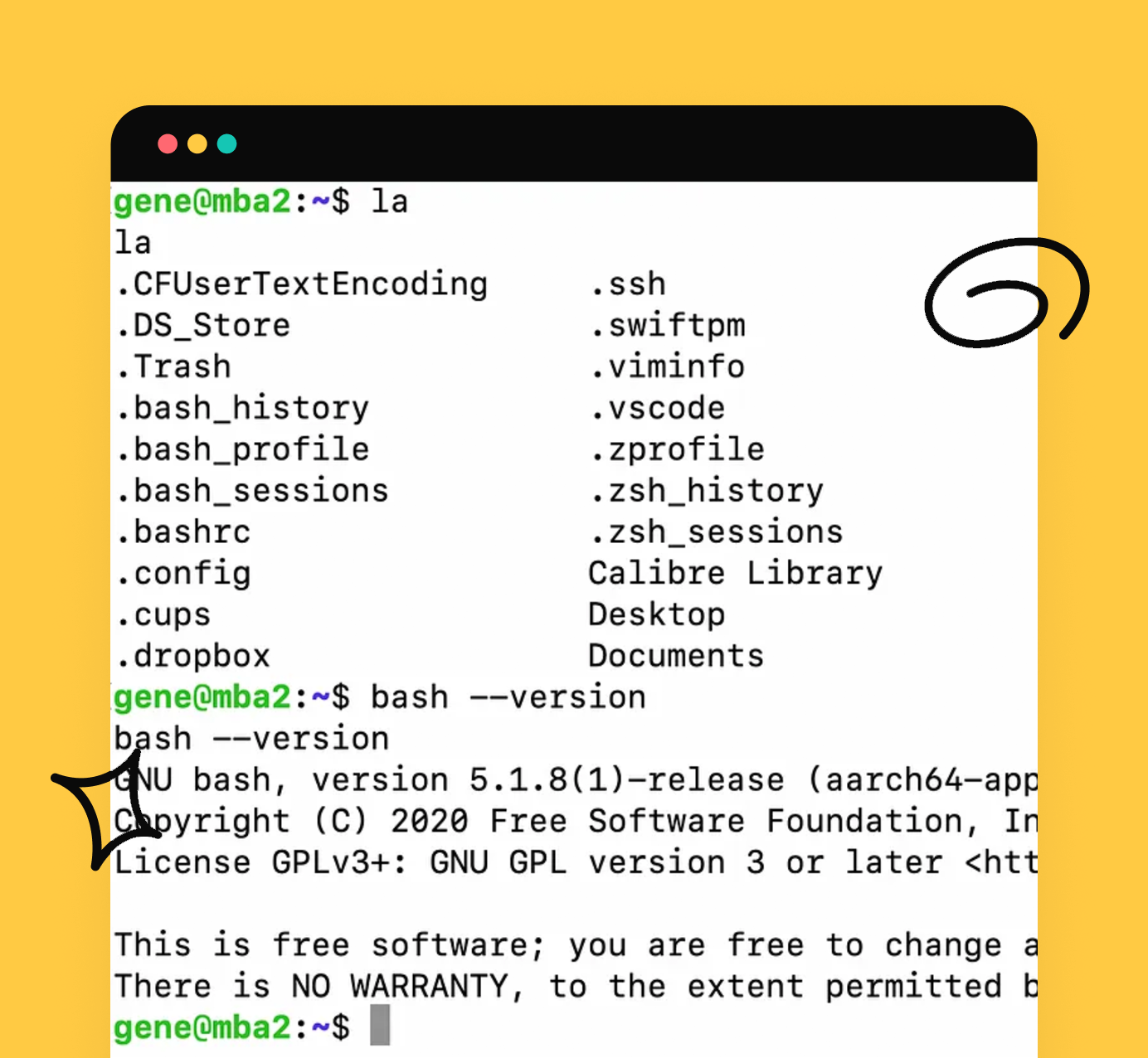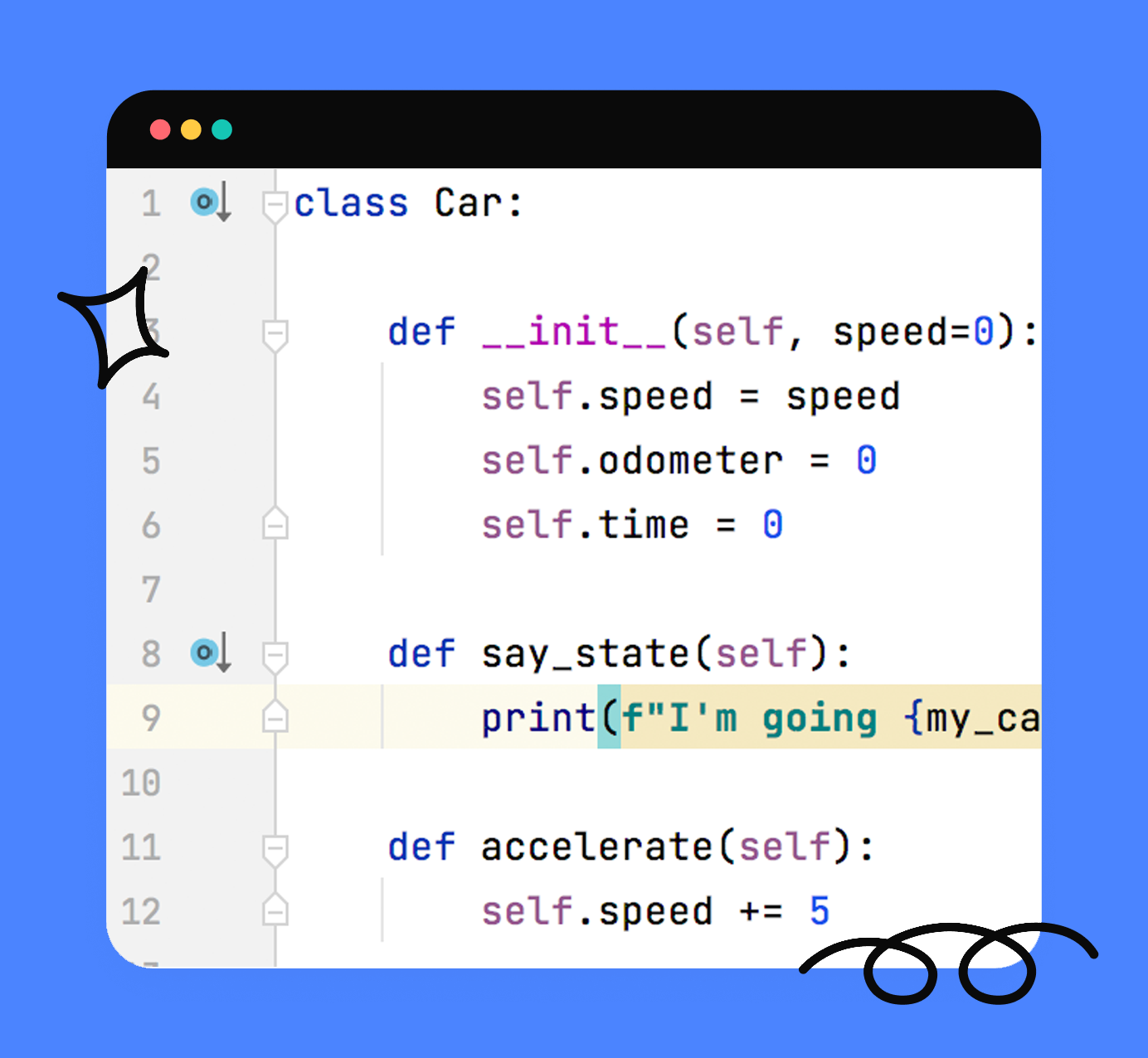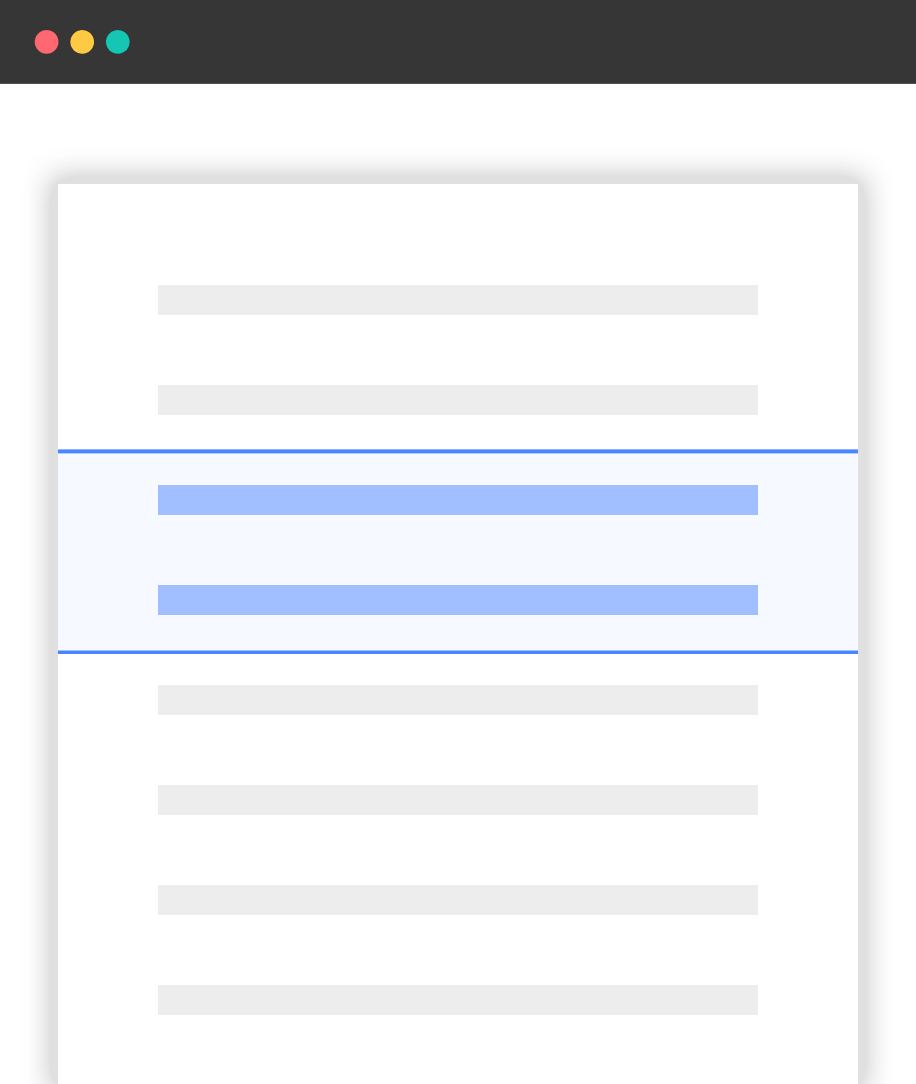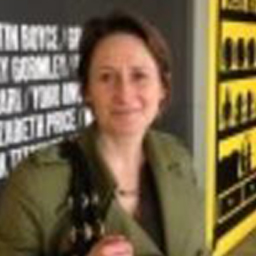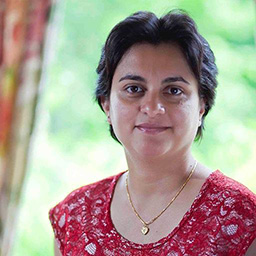We're a central team of of Research Software Engineers, covering most areas of software engineering including middleware, web & mobile applications, data science. We can help develop software for a range of platforms from IoT devices to the Cloud and HPC.
Combined Expertise
When you work with an RSE they are in constant communication with the rest of the team, this way your project has access to the combined knowledge of the entire team.
Fractional FTE Splits
Finding all the skills and knowledge your project needs in one human can be tough, having two software engineers at half time each with complementary skills can be better for your project.
Flexible Allocations
Access support at key times on your project, and not always continuously. Over a multi-year research project you may only require software development expertise at specific times or as a part-time role.

